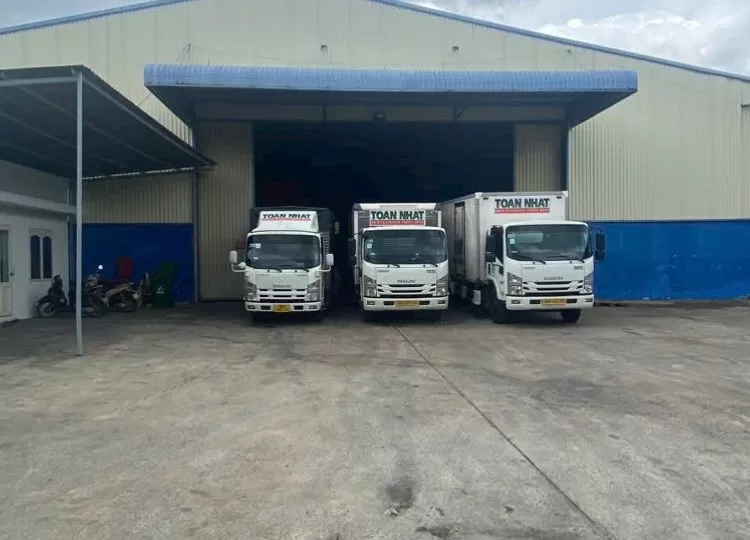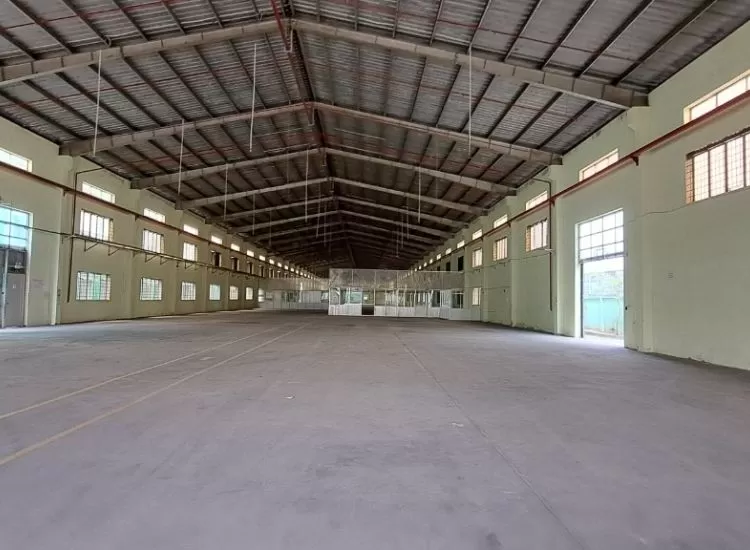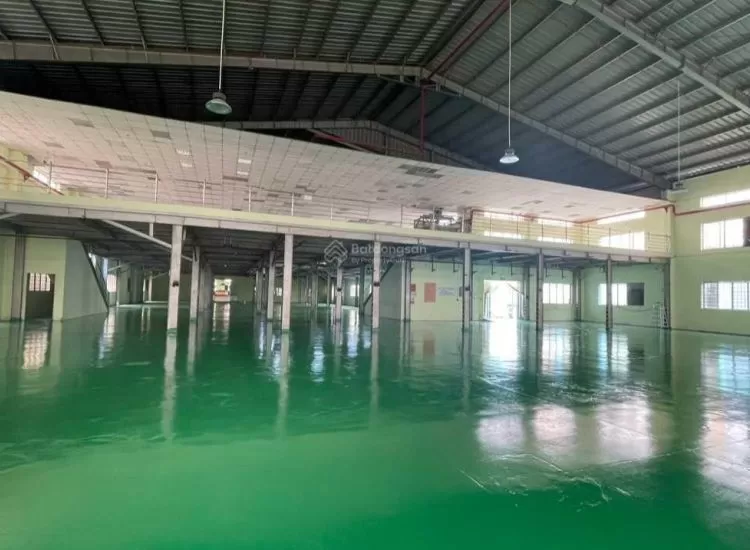Red Sea Crisis: Container Shipping Rates Skyrocket, Consumers Expected to Feel the Impact
Consumers around the world are expected to bear the brunt of the ongoing crisis in the Red Sea after missile attacks on cargo ships threw supply chains into chaos.
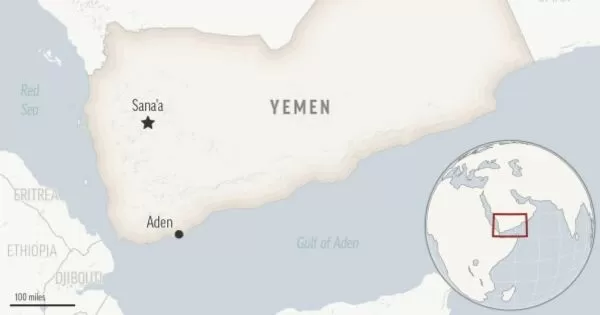
Red Sea and Gulf of Aden area (Photo: AP News)
Consumers worldwide are anticipated to face the repercussions of the ongoing crisis in the Red Sea following missile attacks on cargo vessels, plunging the supply chain into disarray.
Latest data from transportation analysis firm Xeneta reveals an abrupt 20% surge in spot market freight rates since Friday (December 15) as major shipping companies decided to halt vessel passages through the Red Sea amidst attacks by Houthi militia.
Peter Sand, Chief Shipping Analyst at Xeneta, remarked, "The region is essentially in a war situation because it is too dangerous for many vessels to sail through the Red Sea and therefore also the Suez Canal, which is the major artery for world trade."
"Ships are now being re-routed via the Cape of Good Hope, but not only will this add up to 10 days sailing time, it will cost up to US$1 million extra in fuel for every round trip between the Far East and North Europe."
"If we look at container shipping alone, Xeneta estimates the diversion via Africa will also require additional shipping capacity in the region of one million TEUs."
"There is capacity in the market, but it will come at a cost, and we could see ocean freight shipping rates increase by 100%. This is a cost that will ultimately be passed on to consumers who are buying the goods."
On December 18, U.S. Defense Secretary Lloyd Austin announced "Operation Prosperity Guardian," a special force alliance to counter Houthi attacks and safeguard cargo vessels passing through the Red Sea and the Gulf of Aden. It builds upon the existing Special Forces 153 in the area addressing piracy.
"We are now seeing action from politicians, but we do not know how or when this coalition will be successful in opening safe passage for vessels through the Red Sea and Gulf of Aden. Everything is at stake here because free-flowing global trade effects almost every single human being on earth. The Suez Canal is absolutely critical with many billions of dollars in goods passing through every day from the Far East towards North Europe, the Mediterranean and the US East Coast," stated Sand.
According to Sand, the longer this disruption persists, the more costly and painful it becomes. He argued that the supply chain is not yet fully recovered from the pandemic, "with schedule reliability between Far East and North Europe standing at just 64%," warning that this latest crisis might further delay the recovery process.
He further added, "We may also see this impact current negotiations between shippers and ocean freight carriers for long-term contracts for 2024. Shippers may feel a level of concern that long-term rates could follow the spot market and increase dramatically as a result of this crisis."
Read more:
- Risk of supply chain crisis from Suez Canal
- Rising Risks to Global Trade from Panama and Suez Canal Disruptions
Source: Phaata.com (According to ContainerNews)
Phaata.com - Vietnam's First International Logistics Marketplace
► Find Better Freight Rates & Logistics Services!
























.webp)

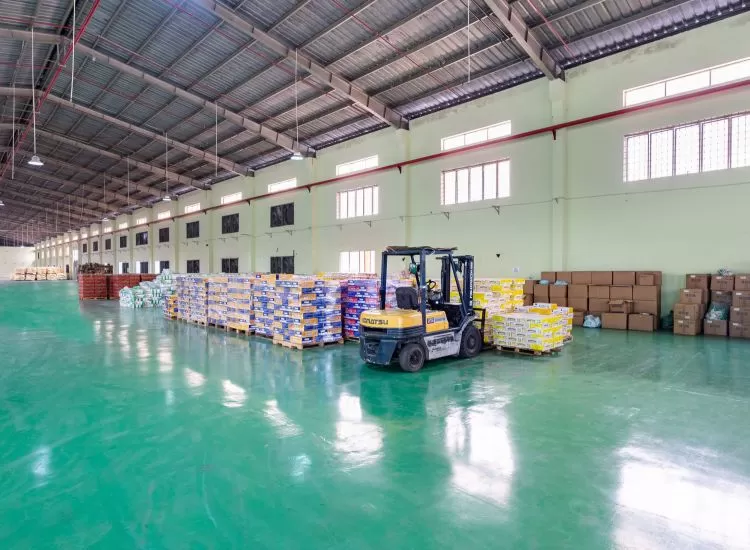








.webp)

